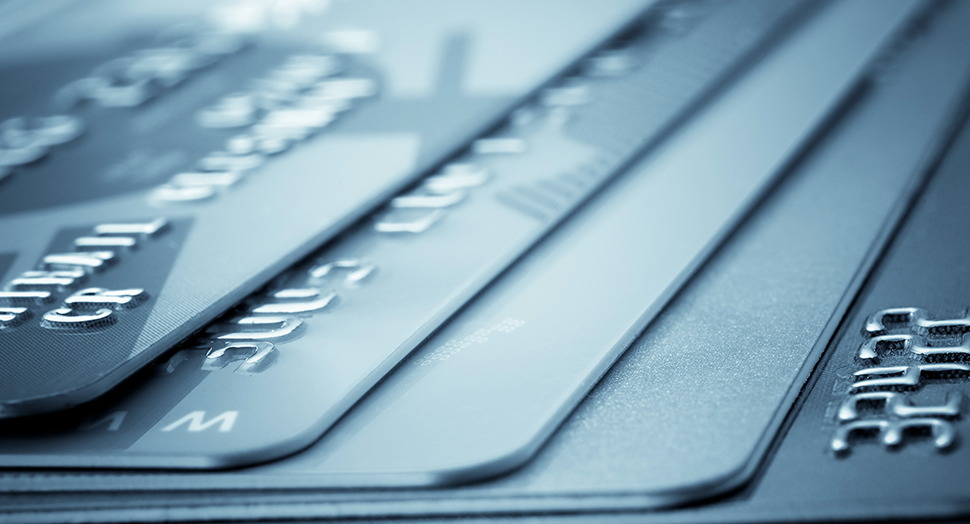Credit cards have become a way of life for most of us today. They’re easy to use, convenient and safer than carrying around cash. They enable us to purchase what we need or want today and pay for it tomorrow.
They’re a large piece of the equation to establishing a credit score, but it’s important to remember that they can help us or hurt us, depending on how they are used.
Every time we go into a store, we’re bombarded with discount offers usually tied to applying for a credit card. How exciting is it to purchase that cute purse or dream fishing pole that’s on sale AND get an additional 15% off just for signing up for their credit card?
And so it begins.
Pitfalls to Avoid When Using Credit Cards
No one reads the two or more pages of disclosures that go along with getting a credit card while they are in the checkout line looking at the purse or fishing pole.
We rarely read the disclosures when we get our monthly statements, but it’s important to remember that the fine print is our friend.
Those disclosures tell us how much interest we’re paying on our purchases as well as on any cash advances we’ve made. By the way, the interest charged on cash advances is higher and charged separately.
Your disclosure will tell you about all the fees that you could be charged. Some credit card companies charge late, over the limit, cash advance, annual and balance transfer fees.
Often we are enticed to change credit cards because we find one that offers 0% interest. Awesome!
Make sure you read the part that tells you what the interest will be when the 0% ends. While getting the credit card with 0% interest is helpful, try to pay it off before the interest rate kicks in. Be sure to check out the part about the balance transfer as well, because there is sometimes a fee involved.
Making Credit Cards Work for You
Getting a new credit card will create a new line of credit on your credit report. This may have a negative impact on your score until you establish a payment history on the new card. A card without a high balance can reflect positively on your credit report, but sometimes it’s not better in the long run.
Here’s the important thing to remember: in order to get credit, you have to have credit. That credit needs to be a good type of credit, such as credit cards.
Remember these key things when using credit cards:
- Always pay on or before your due date.
- If you cannot pay off your credit card each month, you must pay enough to get your balance to 30% or less of your limit.
- If you max out your credit card and you do not pay extra when it is due, your score will go down—even if you pay it on time!
- Major credit cards, like a Visa, are more beneficial to you. They can be used anywhere. They usually have a lower interest rate, and they report better.
- Larger payments will reduce the amount of interest you will pay over the life of the line of credit.
If you are trying to get out of debt and you pay off your cards, do not close them. Remember, you have to have credit to get credit!
Finally, be sure to protect yourself from identity theft. Do not give out your personal information like your card number online or over the phone unless you are sure that you are giving it to a reliable source.
If someone does use your card without your knowledge or permission, report it right away to the police, the credit card company and your financial institution, and then take the next steps.
There are both good and bad things that come with credit cards, but armed with this knowledge, you’ll be prepared to use them in your favor. This will help you to make smarter financial choices and be more successful in your financial future.
I was born in Germany, lived most of my life in California, then made a drastic decision to move to Louisiana in 2011. My motivation was the chance to get to know my son’s family and start a new chapter in my life. Since then, I have been lucky enough to become part of the Pelican family and pursue my passion for helping others in need. I am a mother of 2, grandmother of 6 and financial counselor to many. I feel very blessed to have the opportunities I have been given and hope that I can share those with others.



